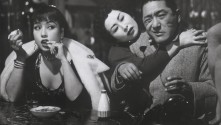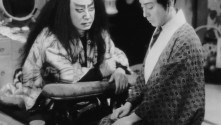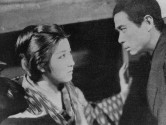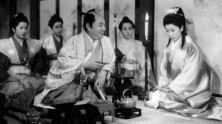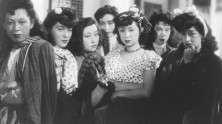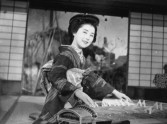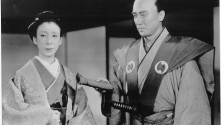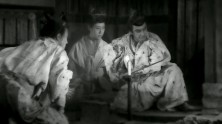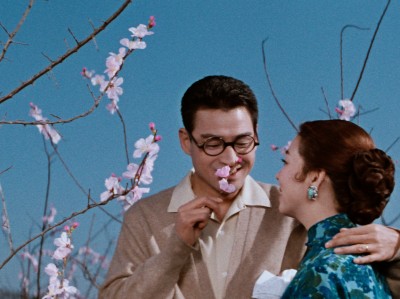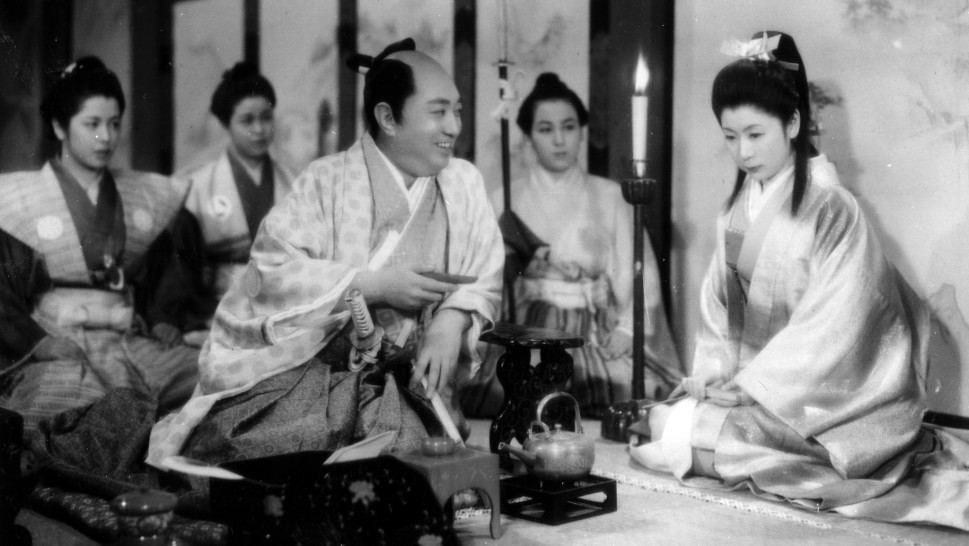
The Life of Oharu
(Saikaku Ichidai Onna)
With Kinuyo Tanaka, Toshiro Mifune.
Japan, 1952, 35mm, black & white, 136 min.
Japanese with English subtitles.
Mizoguchi’s personal favorite of all his films, The Life of Oharu is in many ways a summary work, the crystallization of his vision of woman martyred by social injustice and the Meiji-era as the dark caldron of the repressive, misogynistic and feudalist spirits that linger, atavistically, in his contemporary films. Kinuyo Tanaka reveals her incredible range in her depiction of a courtesan’s vertiginous fall from grace, a trajectory whose gleaming sharp edge revealingly eviscerates the seedy underbelly of Meiji social institutions and mores. The expressive camera movement so celebrated in Mizoguchi’s cinema is given a sublime showcase by The Life of Oharu, with almost operatically soaring movements comparable to the films of Ophuls and Murnau. By garnering the Grand Prize at the 1951 Venice Film Festival The Life of Oharu brought Mizoguchi to international attention and, by coming the year after Rashomon captured the same honors, helped propel Japanese cinema onto the world stage.





